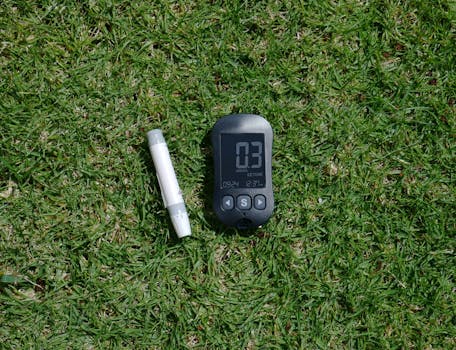
Understanding Hypertension: A Comprehensive Overview and Its Impact on Health
Takeaways:
- Hypertension affects a significant portion of the global population and can lead to serious health issues if left untreated.
- Understanding the risk factors and symptoms is crucial for early detection and management.
- Lifestyle changes and medical interventions can effectively control hypertension and improve overall health.
Hypertension, or high blood pressure, is often referred to as a silent killer because it typically presents no obvious symptoms until serious complications arise. According to the World Health Organization (WHO), it affects approximately 1.28 billion adults aged 30-79 worldwide, making it a significant public health issue. In this article, we will explore what hypertension is, its causes, symptoms, risk factors, and its impact on health.
What is Hypertension?

Causes and Risk Factors

- Genetics: Family history can play a significant role in the likelihood of developing hypertension.
- Age: The risk of hypertension increases as people get older.
- Obesity: Excess body weight can increase blood pressure by putting additional strain on the heart.
- Lifestyle factors: Poor diet, lack of physical activity, excessive alcohol consumption, and smoking significantly contribute to the development of hypertension.
- Chronic conditions: Conditions such as diabetes, kidney disease, and sleep apnea can increase the risk of hypertension.
Symptoms of Hypertension

- Headaches
- Nosebleeds
- Shortness of breath
- Flushing
- Chest pain
- Vision changes
Because these symptoms can also be indicative of other health issues, regular blood pressure monitoring is crucial for early detection.
Impact of Hypertension on Health

- Cardiovascular Disease: Hypertension is a leading cause of heart disease and stroke, increasing the risk of heart attacks and heart failure.
- Kidney Damage: High blood pressure can damage the blood vessels in the kidneys, leading to kidney disease or failure.
- Vision Loss: Hypertension can cause damage to the blood vessels in the eyes, potentially leading to vision problems or blindness.
- Aneurysms: Increased blood pressure can cause blood vessels to weaken and bulge, leading to life-threatening aneurysms.
- Metabolic Syndrome: Hypertension is a component of metabolic syndrome, which increases the risk of diabetes and cardiovascular diseases.
Recognizing the potential impact of hypertension on health emphasizes the importance of regular check-ups and proactive management.
Managing Hypertension

- Healthy Diet: Emphasizing a diet rich in fruits, vegetables, whole grains, and lean proteins while reducing salt intake can significantly lower blood pressure.
- Regular Exercise: Engaging in physical activity for at least 150 minutes per week can help maintain a healthy weight and reduce blood pressure.
- Limit Alcohol: Reducing alcohol consumption can help lower blood pressure and improve overall health.
- Avoid Smoking: Quitting smoking can improve heart health and lower the risk of hypertension-related complications.
- Medication: In some cases, doctors may prescribe medications to help control blood pressure.
Conclusion







